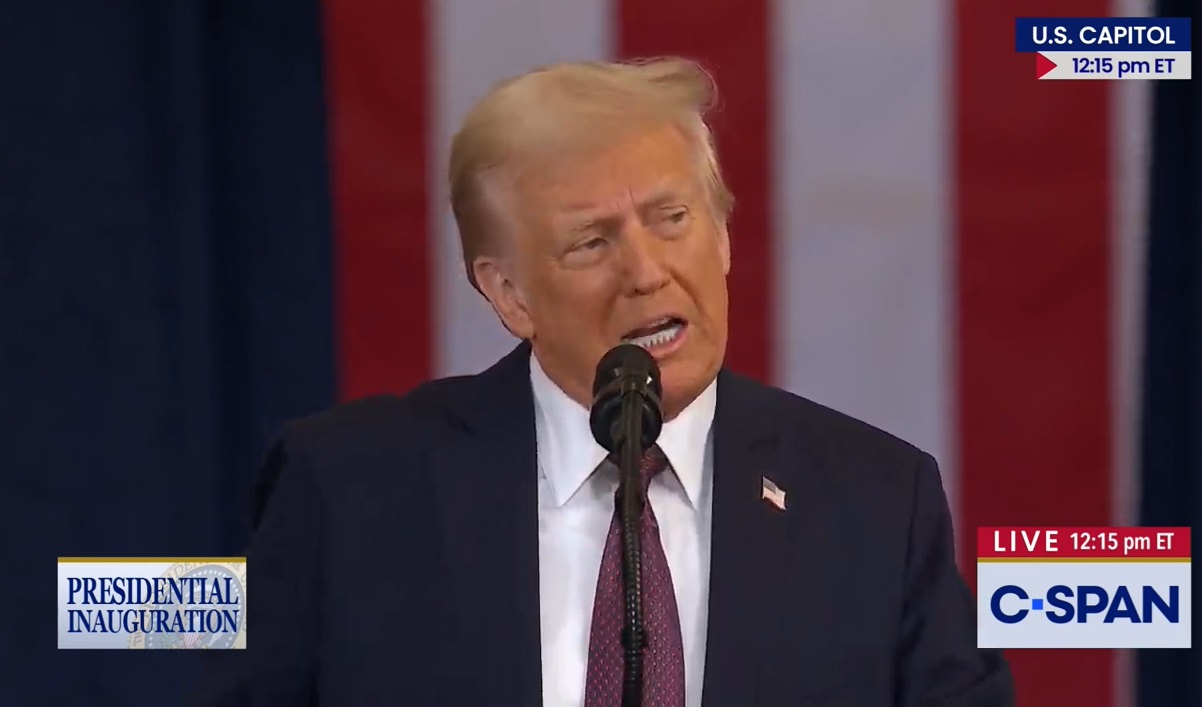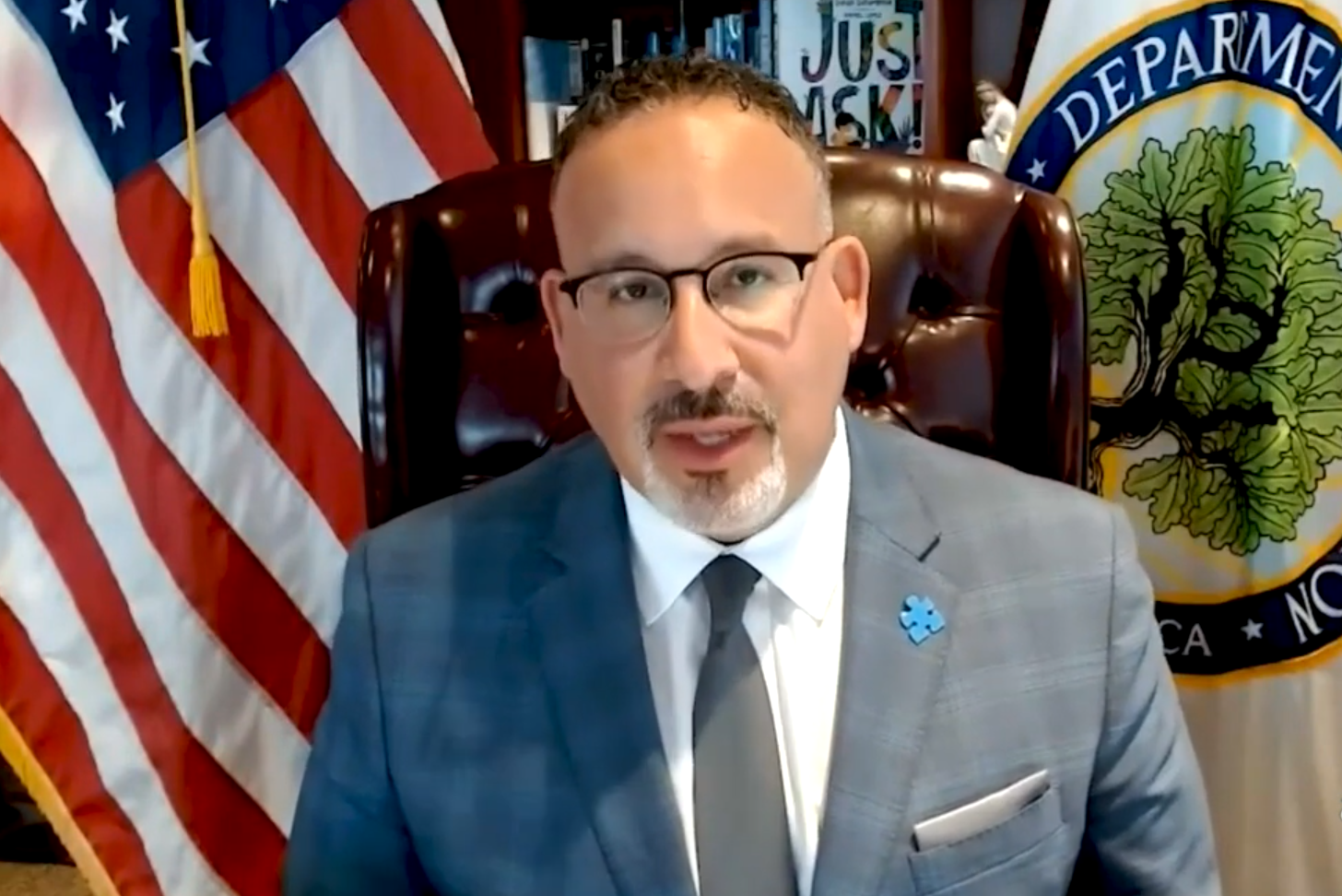How A Terrorist Victim Can Help The Supreme Court Address Section 230
In 2015, Nohemi Gonzalez—a 23-year-old American studying in Paris—was gunned down by Islamic State (ISIS) terrorists while dining at La Belle Equipe bistro. These are the heartbreaking facts that the U.S. Supreme Court will be considering. Gonzales v. Google on February 21. Bound up with Nohemi’s fate is the fate of Section 230.
The 1996 federal statute exempts Big Tech from any laws that restrict newspapers or other traditional communication. Big Tech is exempted from any laws that affect communication, however. You can also find those that oppose aiding terrorists.
Nohemi’s relatives and estate have sued Google—the owner of YouTube—for algorithmically encouraging followers of ISIS to view ISIS videos, in violation of the law against assisting terrorism. Google responds that Section 230 grants it broad immunity. It claims that it is privileged for many abuses, such as aiding terrorist acts and censoring Americans.
Big Tech therefore interprets Section 230 in a large way. Big Tech, however, seems to have overplayed its hand according to the Constitution and the statute.
Textual is the statutory problem. Google and Big Tech claim that YouTube is protected as a statutory problem. “publisher” For its purposes, Section 230(c),(1) “editorial functions,” It could be used to share, recommend and block videos. But that’s not what the section says.
These companies will not be allowed to operate in the United States. “treated as the publisher” Information given by others. Google wants to be considered a publisher, despite the fact that it is not permitted to be. Its argument is absurd.
The context supports the tightness of the text. This section was written in response to cases like Stratton Oakmont v. ProdigyProdigy was found to be a defendant in a case of defamation. “a publisher rather than a distributor.” It is crucial to prove that the defendant was the publisher of defamation in defamation cases. These suits are protected by section 230(c).(1) Say it! The companies shouldn’t be “treated as the publisher” Information provided by others.
This makes it clear that YouTube and Google shouldn’t find shelter in Section 233. Because being a publisher does not constitute a case of aiding terrorist acts, Section 230(c(1) does not provide them with any cover.
Unfortunately, Big Tech’s big interpretation of Section 230(c)(1) also excuses its censorship. This section protects Big Tech only from lawsuits for defamation over what they transmit. Section 230 (c)(2) protects them from censorship.
Big Tech omits that section. Instead, Big Tech claims Section 230 (c)(1) fully covers companies for publishing activities including the carrying and suppression of information. So, if the Supreme Court accepts Big Tech’s big rewriting, the decision in Gonzales v. Google Big Tech could be privileged in terrorism and censorship.
Section 230 is inexcusable because of constitutional issues. One initial problem is that government It does not have any regulatory power Speech is more important than speech. This point is more important with every new release. “Twitter Files” release. The federal government can regulate speech as per Section 230.
" Conservative News Daily does not always share or support the views and opinions expressed here; they are just those of the writer."





Now loading...